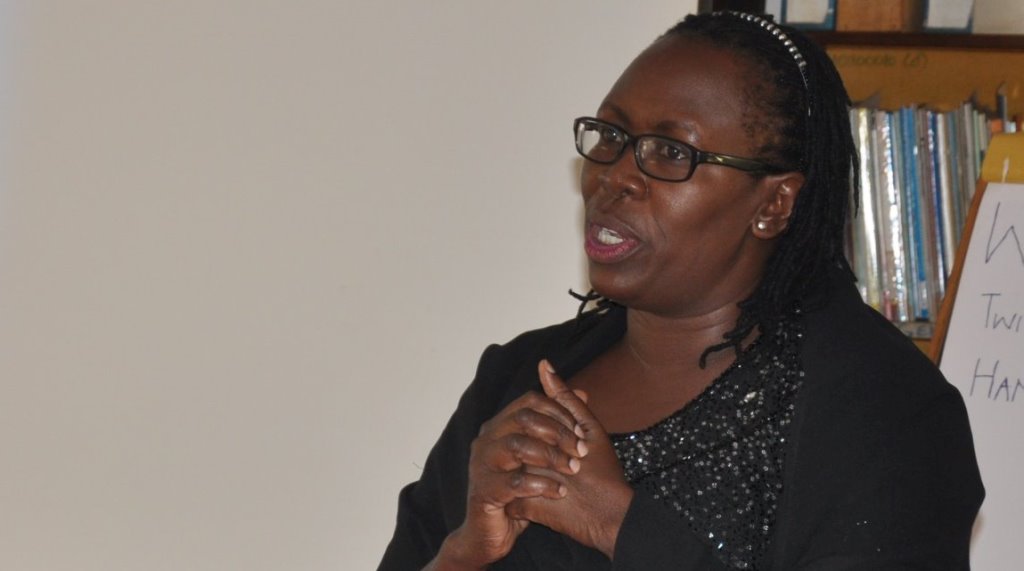AfricaPress-Tanzania: WOMEN within the East African Community (EAC) are in need of facilitation support in cross-border trade after suffering huge loss due to lockdown and travel restrictions imposed by some regional member states.
Following the outbreak of Covid-19 pandemic, some countries have restricted movements within and outside their territories, compelling women entrepreneurs to use informal routes.
The Eastern African Sub-Regional Support Initiative for the Advancement of Women (EASSI) Executive Director Ms Sheila Mishambi noted that the impact of Covid- 19 on cross-border women traders across East Africa had been immense, forcing closure of at least 64.2per cent of womenowned businesses.
A report on the study carried out since the outbreak of the pandemic in the six member states indicates that around 21.2per cent of the sampled women reported using informal routes to circumvent the existing Covid-19 measures in EAC partner states, with several narrations of tragic conseq uences.
The report released by the TradeMark East Africa (TMEA), the study provides lessons and suggestions to EAC governments, donors, private sector and other stakeholders for future strategies to navigate the impacts of the coronavirus, from women surveyed and interviewed.
Among suggestions outlined in the report in order to mitigate the impacts of Covid- 19 are that 62.7 per cent of the women interviewed called upon the respective governments to provide loans, grants, capital and funds or get them sponsors.
Other suggestions are for governments to open all borders to small cross-border traders; provide masks, sanitizers and food for those who cannot work as well as sensitization about Covid-19.
They also called for loans recess; creation of screening facilities and water taps at market places and villages.
Women also want to waive rent, water and electricity bills; tax waivers, governments add more health facilities; support citizens with chronic diseases; remove women from the Credit Reference B ureau lists; provide a market for their goods.
According to the research, women want to see small-scale traders are protected by the government that would also provide agricultural eq uipment for farming and conduct online training to run their businesses.
“ Key recommendations were advanced. These included training women on the diversification of income generating activities and saving for the future. The opportunity to encourage women to join and borrow from women-friendly cooperatives more sympathetic towards gender issues during the economically challenging Covid-19 times, was Identified,” the report said in part.
The findings illuminated some key policy recommendations for governments, donors, private sector agencies and Civil Society Organisations (CSOs) for EAC governments to ease customs policy restriction measures for trucks and other means of transport.
The means include motorbikes, carrying perishable goods across borders to accommodate the needs of Women Cross-B order Traders (WCB T) who primarily trade in small consignments of perishable agricultural goods.
A gender lens, the report further proposes, should intentionally be applied in the design of fiscal stimulus packages and bail out measures to small business traders and general social assistance programmes.
“ Accept suggestions and lobbying by EASSI and TMEA in the EAC to ensure women’s equal representation in all Covid-19 taskforces and response planning and decision- making bodies and activities at national, provincial and community levels, especially those relating to businesses operation modalities and changes in border trading protocols and policies,” Ms Mishambi said.
The EAC women called upon CSOs to sensitise and train women to be able to adapt to changing trading and market environments when previous end-markets are shut down or become difficult to access; they could be trained to engage in new businesses, ventures and use innovative strategies like digital platforms to transact businesses.
As for the private sector organisations, the EAC women want them to establish grants to revamp businesses for cross-border traders; conduct training and sensitisation in relation to diversification of income generating activities beyond cross-border trading to cushion them from economic drought periods.
Donors have their tasks set aside and are to prioritise funding for CSOs and NGOs programmes and activities that address the socio- economic impact of Covid-19 on women traders.







